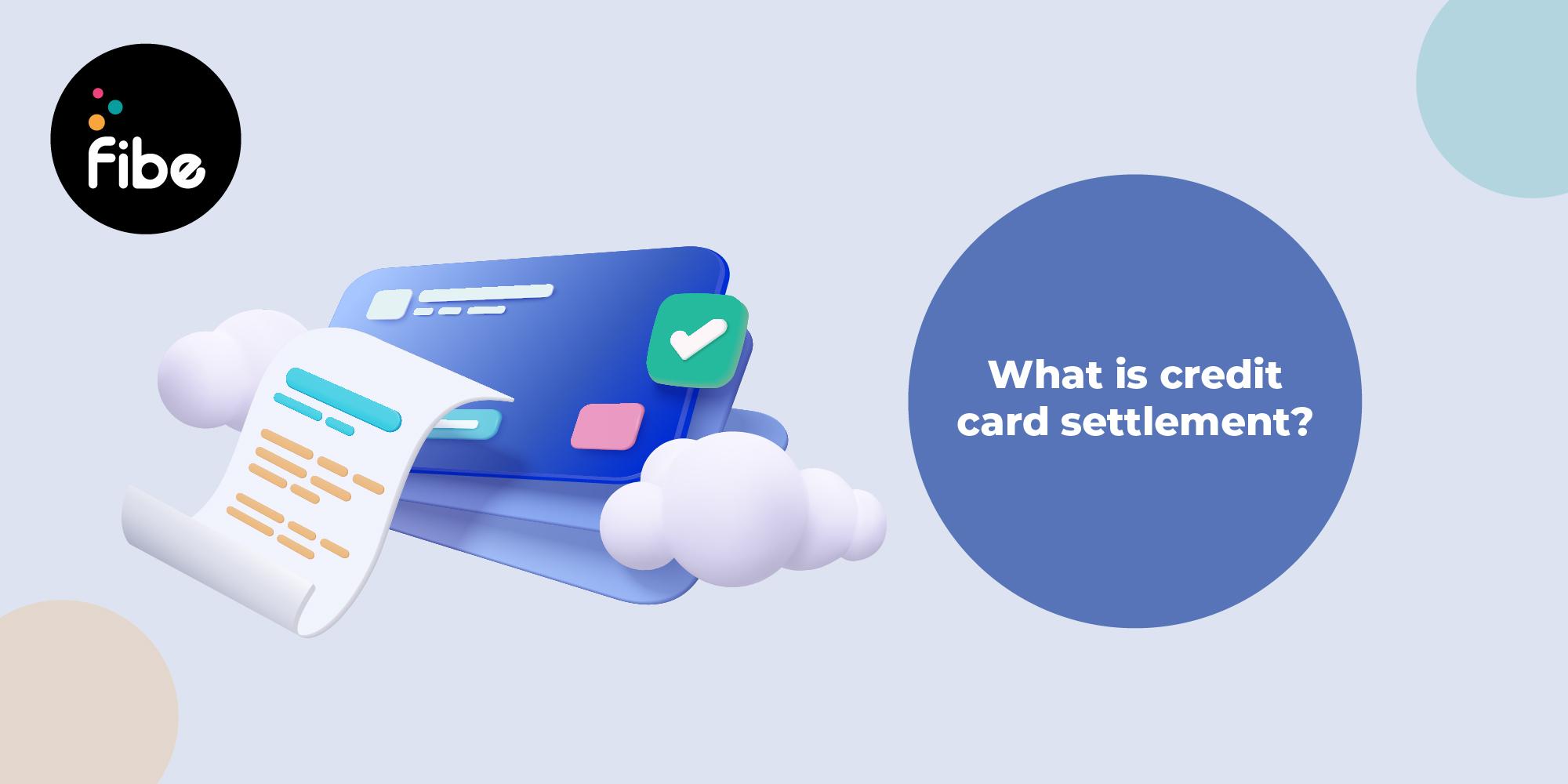- Home
- Blogs
- Credit Card
- What Is Credit Card Billing Cycle
Billing Cycle of a Credit Card: All You Need to Know
- Updated on: 17 Oct 2024

Understanding the billing cycle of a credit card is crucial to ensure that you use your card efficiently and responsibly. A credit card billing cycle is roughly one month. Once this cycle is complete, the credit card company compiles your transactions and provides a statement detailing all essential information along with the total outstanding amount to be paid.
After getting the bill, you have to pay the outstanding amount by the due date. Paying credit card bills on the due date or before is important to avoid additional charges being levied and your credit score being adversely affected.
Understanding the concept of a billing cycle will not only ensure timely payment but will also help you manage credit card repayment better. Read on to know what is a credit card billing cycle and more.
A billing cycle refers to the period for which the issuer generates your credit card bill. This varies across issuers and generally ranges between 27 and 31 days. Your statement for a particular billing cycle will reflect all the transactions made using the credit card, including:
Here’s an example to understand the concept better:
Say your credit card billing date is the 5th of every month. Considering this, your billing cycle will initiate on the 6th of the same month and end on the 5th of the following month. This will make the billing cycle of a credit card 30 days in total.
Also Read: What is Credit Card Over Limit Fee?
The credit card bill generation date is the end date of your billing cycle. Since it is the date when the issuer generates the statement for the previous month, it is also called the credit card statement date. In the example above, consider the bill generation date to be the 5th of every month.
Apply For Instant Cash Loan In 5 Minutes
To avoid late fees, you can pay a minimum balance or the minimum amount due (MAD) on or before the due date. The issuer decides this amount based on your outstanding balance for the month.
By paying the minimum amount, you can carry forward the remaining balance to the next month and pay it along with the interest charged. Another option is to convert the remaining balance into affordable EMIs and repay it.
While the minimum amount is usually 5% of the total credit card bill, remember that it can be a fixed amount as well. This, however, depends on your credit card issuer.
The billing cycle of a credit card does not have an impact on your credit score in any way. However, in case you delay your payments or pay only the minimum amount due, your credit score will take a hit. It is thus in your best interest to use your card judiciously and pay the total bill by the due date.
If you’re looking for a credit card that helps you save while transacting safely, consider the
lifetime free Fibe Axis Bank Credit Card. While you don’t have to pay joining or annual fees, you can also enjoy a cashback up to 3% on every transaction you make using this card.
This numberless RuPay credit card also links to your UPI ID so you can pay seamlessly and securely. To get this credit card and make the most of all its benefits, download the Fibe Instant Loan App or register on our website today!
An issuer generates the bill every month at the end of the billing cycle of the credit card, which generally ranges between 27 and 31 days.
This is the date by which you need to pay the outstanding balance. You can avoid paying interest and late repayment charges by paying credit card bills on the due date or before.
This is the amount that you have not paid in your previous credit card billing cycle. Note that carrying forward any balance to the next month will attract an interest and late payment fee.